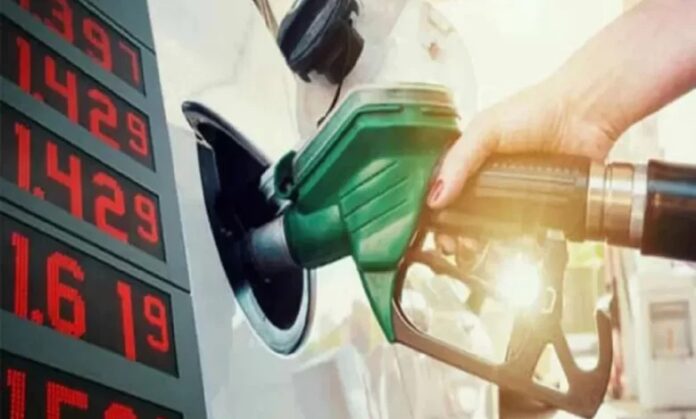The Energy Ministry orders OGRA to finalize the fuel price deregulation framework for transferring the responsibility of determining petroleum prices to the oil industry.
In a directive, the Ministry instructed Ogra’s chairman to convene a meeting to discuss the implications and strategy for deregulating petroleum products. This move follows Prime Minister Shehbaz Sharif’s directive to delegate pricing responsibilities to oil marketing companies (OMCs). Notably, the two main stakeholders — OMCs and dealers — have not been invited to this crucial meeting.
At present, four out of eight petroleum fuels used in Pakistan — including jet fuels for aviation, hi-octane, and furnace oil — are deregulated. The regulated fuels include petrol, high-speed diesel, light diesel oil, and kerosene.
The Oil Companies Advisory Committee (OCAC) has long supported the phased deregulation of the petroleum sector, initially recommending LDO and kerosene. In August 2022, the government had announced that the oil industry would be granted the authority to set petroleum prices, with the deregulation mechanism scheduled to begin from November 1, 2024 of that year.
While OMCs are in favor of deregulating the remaining fuels, dealers — including petrol pump owners — strongly oppose the move. They argue that deregulation would place their commissions under the control of OMCs. Currently, OMCs earn a margin of Rs7.87 per litre for both petrol and diesel, whereas dealers earn approximately Rs8.70 per litre.
Under pressure from both OMCs and dealers to increase their margins following the recent federal budget, the energy ministry has excluded representatives from these stakeholder groups from meeting, which will be chaired by Energy Minister Musadik Malik.
Abid Ibrahim, an industry expert and former senior executive of an international OMC, highlighted that the government has previously shown inconsistency on this issue. “Deregulation implies there will be no fixed formula or percentage for setting margins for OMCs and dealers. The IFEM or freight margins should be independent for each company, allowing them to pass on import prices,” said Mr. Ibrahim.
He added that deregulation might lead to varying petrol and diesel prices across different regions and stations. However, it could also incentivize companies to invest in quality and service, potentially attracting customers willing to pay more for superior fuel.
Some OMC officials have suggested that the petroleum division’s abrupt move to convene this meeting might be a tactic to counter the companies’ demands for increased margins.


